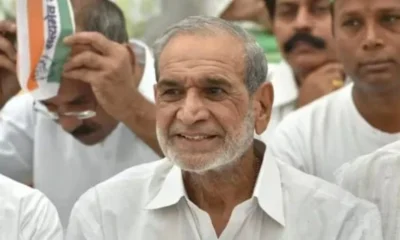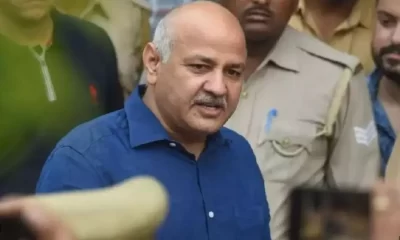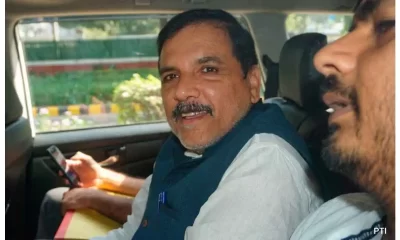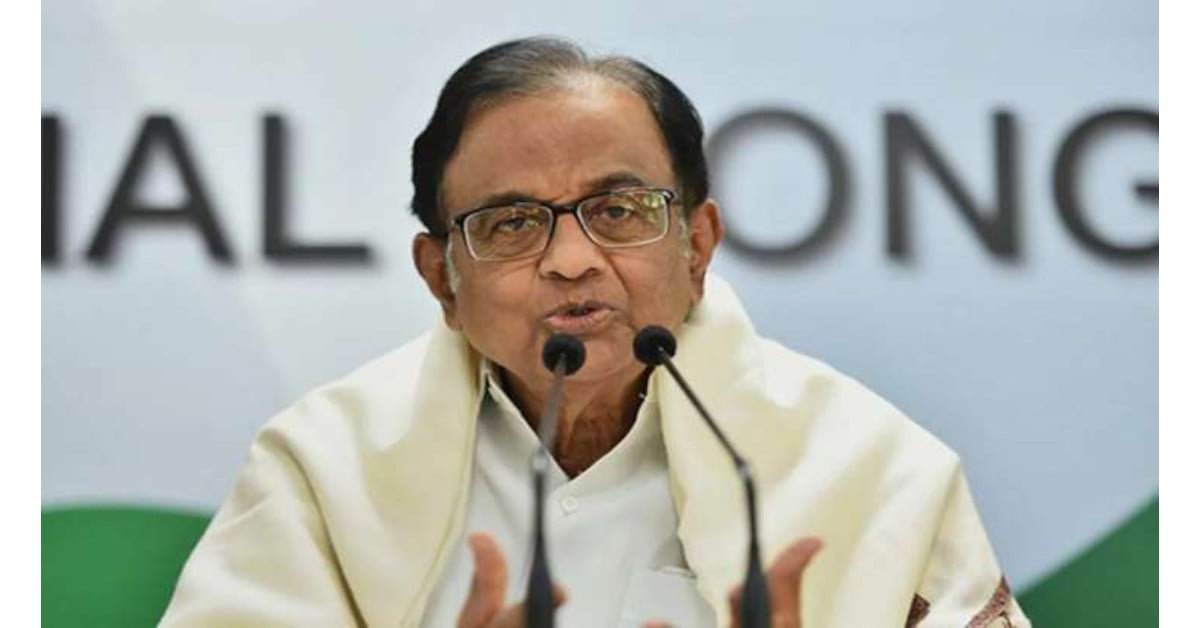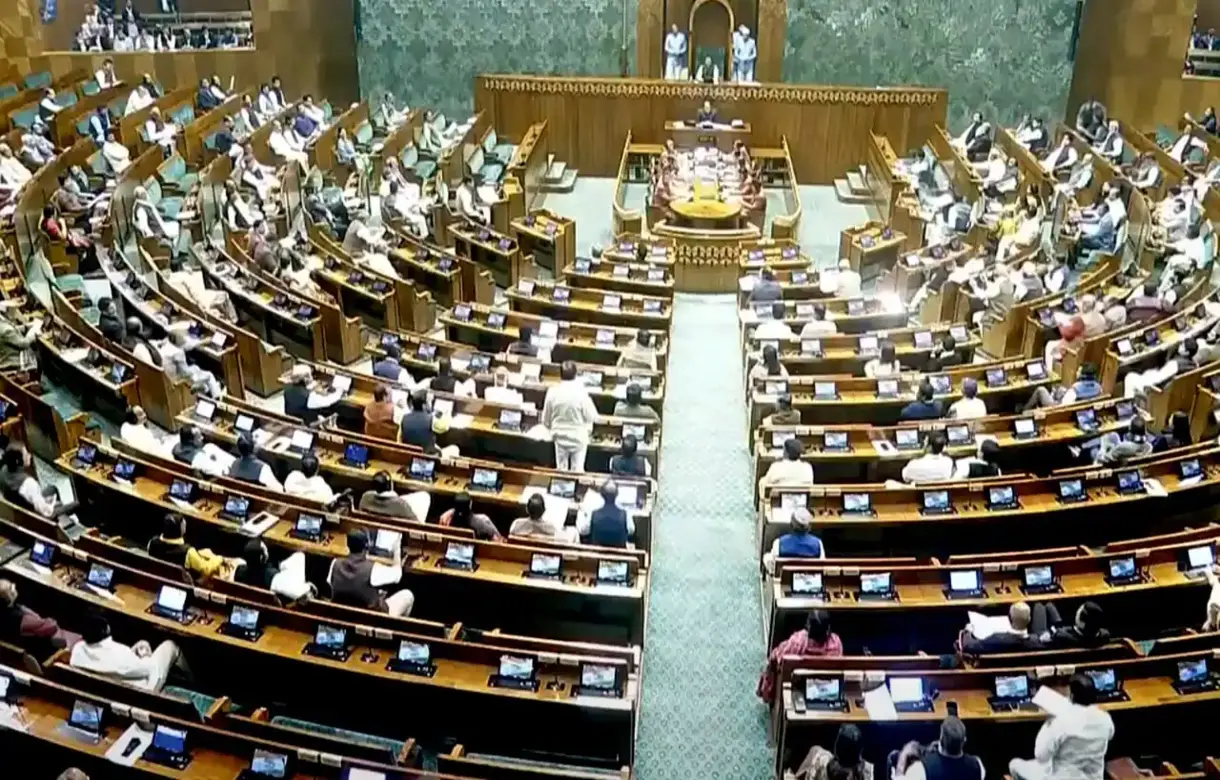India News
Delhi court reserves order on summons to Priya Ramani in MJ Akbar defamation case

India News
P Chidambaram avoids commenting on Trump’s dead economy remark echoed by Rahul Gandhi
Chidambaram stays silent on Trump’s ‘dead economy’ remark echoed by Rahul Gandhi as Congress critiques Union Budget 2026.
India News
Earthquake of 4.6 magnitude hits Andaman and Nicobar Islands
A 4.6 magnitude earthquake struck the Nicobar Islands at 10 km depth, highlighting the region’s seismic activity and potential risks from shallow tremors.
India News
Parliament Budget Session 2026 set to begin with Lok Sabha debate on President’s address
The Parliament Budget Session 2026 is set to begin with the Lok Sabha scheduled to debate President Droupadi Murmu’s address for 18 hours.
-
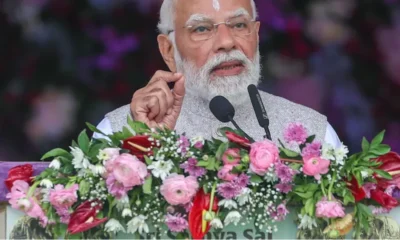
 India News8 hours ago
India News8 hours agoBudget 2026 signals India’s strategy to shield economy from global tariff shocks
-

 Cricket news8 hours ago
Cricket news8 hours agoPakistan’s India boycott at T20 World Cup 2026 puts team at risk of ICC action
-

 India News7 hours ago
India News7 hours agoEarthquake of 4.6 magnitude hits Andaman and Nicobar Islands
-

 India News7 hours ago
India News7 hours agoP Chidambaram avoids commenting on Trump’s dead economy remark echoed by Rahul Gandhi
-

 India News7 hours ago
India News7 hours agoParliament Budget Session 2026 set to begin with Lok Sabha debate on President’s address



